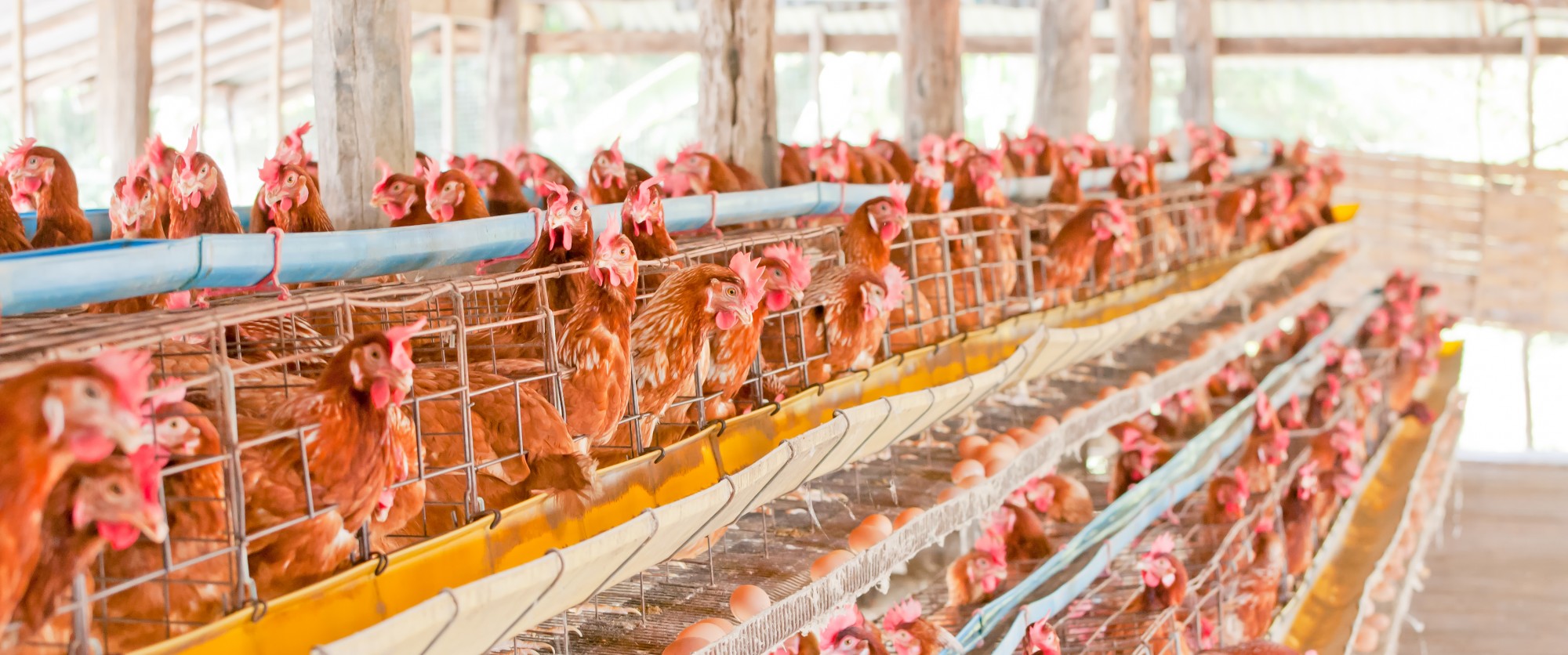Existing biological knowledge regarding welfare concerns incurred by laying hens housed in battery cages can be categorized under three main types:
- Natural living requirements
- Affective states
- Ability to exhibit natural behaviour.
Natural living requirements include basic health and functioning. This means that animals should be provided with adequate nutrients and shelter and protected from injury and disease. Ethical concerns regarding the affective states of laying hens recommend that animals should be free of negative states like pain, fear, discomfort and distress. Further, some advocates would extend this view beyond just the lack of negative states and suggest that animals should also be capable of experiencing normal pleasures and comforts. Lastly, the ability to perform important types and normal patterns of natural behaviour they are highly motivated to exhibit recommends that captive animals should be housed in an environment that is well suited to their species.
The natural living requirements of a chicken include an omnivorous diet, known as ‘laying feed’ which they like to search for by scratching at soil. In addition, fresh water is required at all times. Further, as chickens are prey animals, they require secure shelter from predators. This shelter needs light exposure as hens lay based on daylight. Chickens should be housed in flocks as they are gregarious creatures. Specifically, hens take a communal approach to the incubation of eggs and raising their young.
